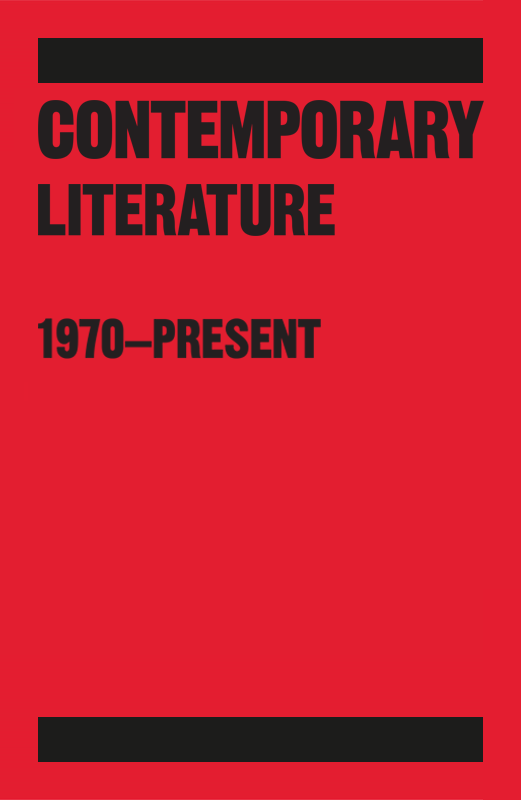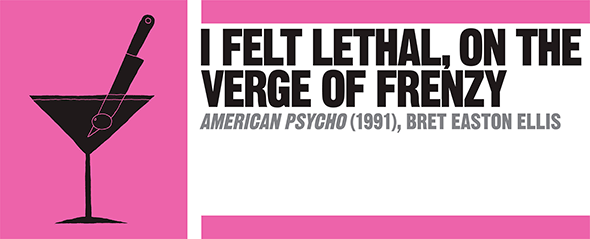The Literature Book (Big Ideas Simply Explained) (2016)


IN CONTEXT
FOCUS
Transgressive fiction
BEFORE
1973 The protagonists of English writer J G Ballard’s controversial novel Crash are a group of car-crash victims who are sexually aroused by car accidents.
1984 Foreshadowing later transgressive fiction, US writer Jay McInerney’s satire Bright Lights, Big City places the reader as the central character in a hollow world.
AFTER
1992 Brutal and shocking, Irish writer Patrick McCabe’s The Butcher Boy plunges the reader into the violent fantasy world of schoolboy Francie Brady.
1996 Tyler Durden, the antihero in US writer Chuck Palahniuk’s transgressive Fight Club, is an anarchic, masochistic nihilist.
The explicit treatment of taboo topics such as rape, incest, paedophilia, drugs, and violence characterizes trangressive fiction, a genre that came to the fore in the 1990s. Writers such as Charles Bukowski, William S Burroughs, J G Ballard, and Kathy Acker had paved the way in previous decades with novels that variously described weird sexual acts, body mutilation, drug use, and extreme violence.
To transgress is to go beyond established moral boundaries, and American Psycho, a black comedy by US author Bret Easton Ellis (1964-), does this with relish. Its scenes of violence, particularly against women, have led to calls for the book to be banned.
Psychotic dream
Its true transgression, however, lies perhaps in the suggestion that the pursuit of the American Dream is akin to a mental disorder. The book is set in Manhattan during the 1980s Wall Street boom and the narrator, Patrick Bateman, is both a yuppie and a homicidal sociopath. He inhabits a morally bankrupt, drug-dependent world that revolves around designer clothes and exclusive clubs and restaurants; he expounds his love of a rock band in the same tone as he ponders how to dispose of a corpse. Forced to view the world through his eyes, the reader is urged to question a society in which everything has become commodified.
"I have all the characteristics of a human being: blood, flesh, skin, hair; but not a single, clear, identifiable emotion, except for greed and disgust."
American Psycho
See also: Lolita ✵ A Clockwork Orange ✵ Crash